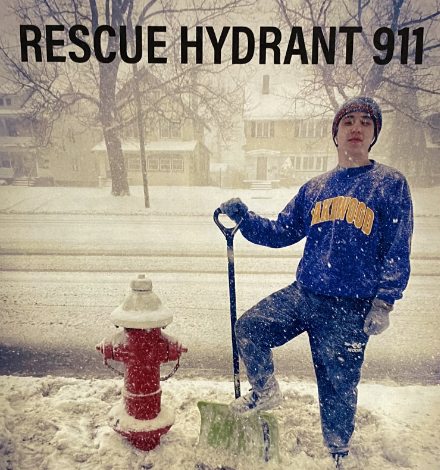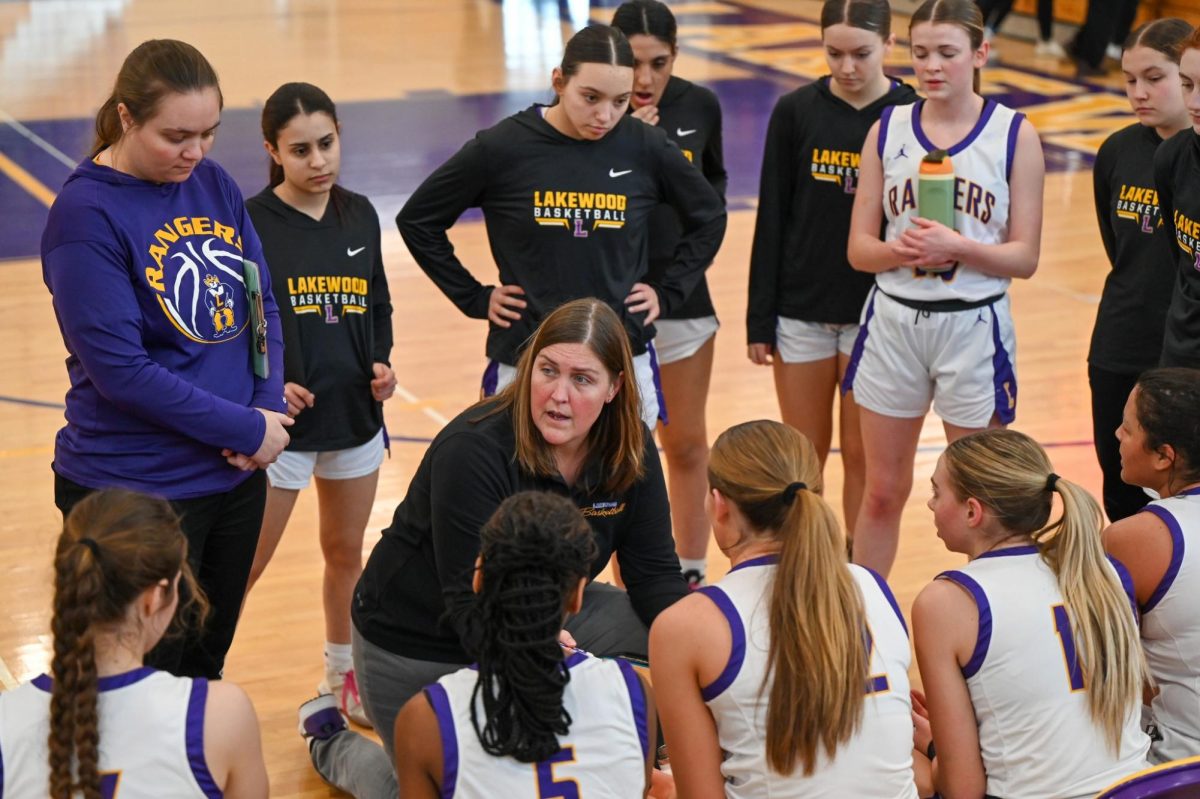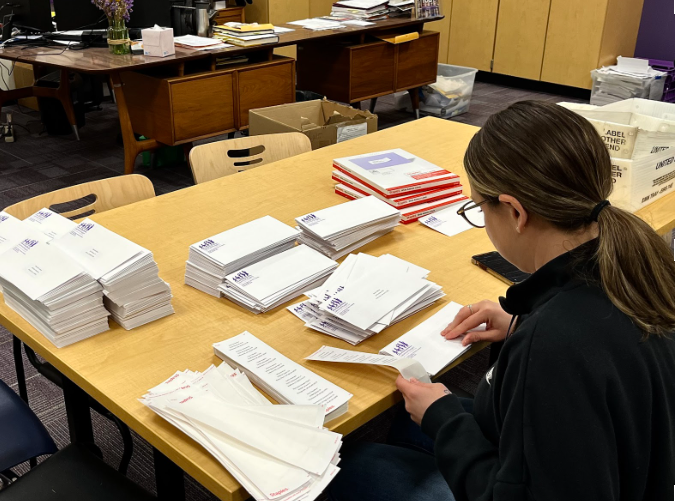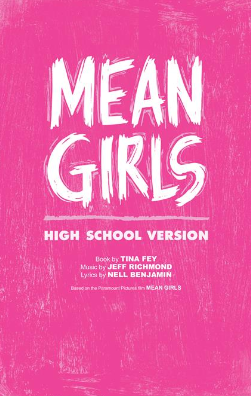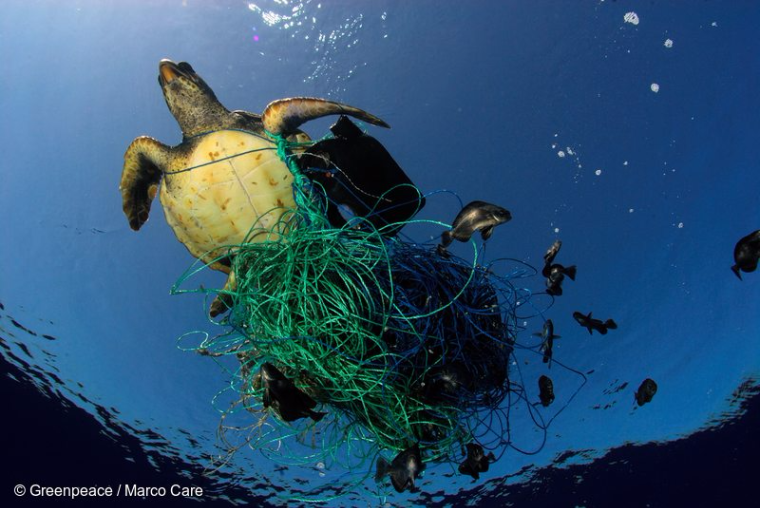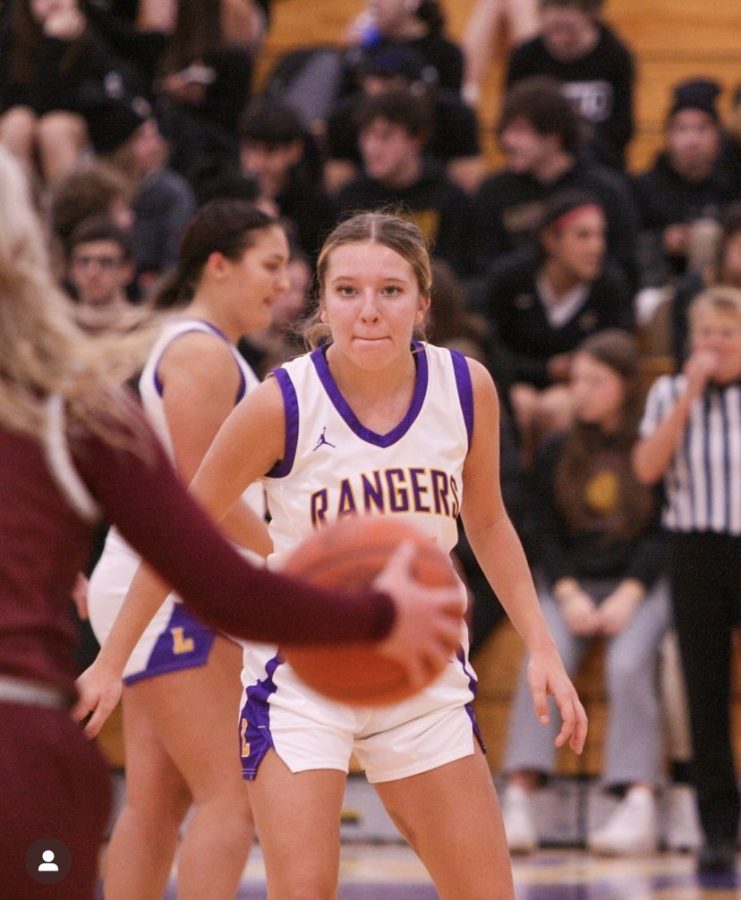Marine pollution, or ocean pollution, is a HUGE threat in today’s world. It not only affects humans and the water people consume and bathe in, but it also affects the wildlife in these habitats, the homes of these sea creatures and sea aqua-cultural life. Coral is dying, along with many of these sea creatures. How much longer can these organisms and animals live? There are eight types of marine pollutants including: garbage, sunscreens, oil seepage, sewage, agricultural and aquaculture runoff, industrial waste, carbon dioxide, and noise.
There is a staggering estimate that 80 percent of marine pollution originates on land. These pollutants include agricultural run-off and nutrients from sewage outflows which are contributing to ocean ‘dead zones.’ These are areas which can no longer sustain life because they have low to zero oxygen. There are 500 of these dead zones currently around the world.
Plastics are one of the BIGGEST man-made pollutants in marine environments, an estimated eight million tonnes of plastic waste finding its way into our oceans each year. Plastic litter; bottles, cups, plastics found in cigarette filters, straws and other ‘macro-plastics’ (those which are larger than 5mm), wash out to sea in heavy rains, polluting coastal waters and eventually drifting out to sea, where it breaks down into ever smaller pieces, eventually becoming macro-plastics.
Plastic pollution is a wide range issue. It chokes out marine life because animals mistake plastics for food, this also affects above waterline animals. It is estimated that one MILLION seabirds and an unknown number of sea turtles die because of plastics logged in their digestive tracts. Marine animals of all kinds also get tangled and incapacitated by discarded fishing lines and plastic bags, which could eventually lead to them dying. Fish and other marine life ingest macro-plastics which in turn can find their way into the human food chain.
The world can work together to help reduce the plastics threatening our oceans, soon to over take them. Reducing our use of single use plastics or even taking part in local beach cleans ups can have even the smallest impact to bettering marine life and human life. In the end of it all, there is a cycle, and it usually ends up back impacting people and being caused by people. The marines and oceans are a crucial part to how we live, they are one of our greatest resources. Let’s help preserve them!




